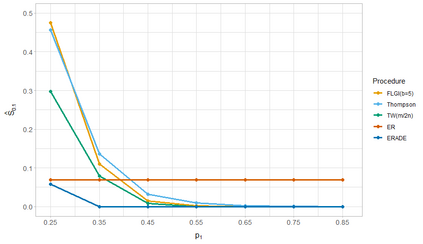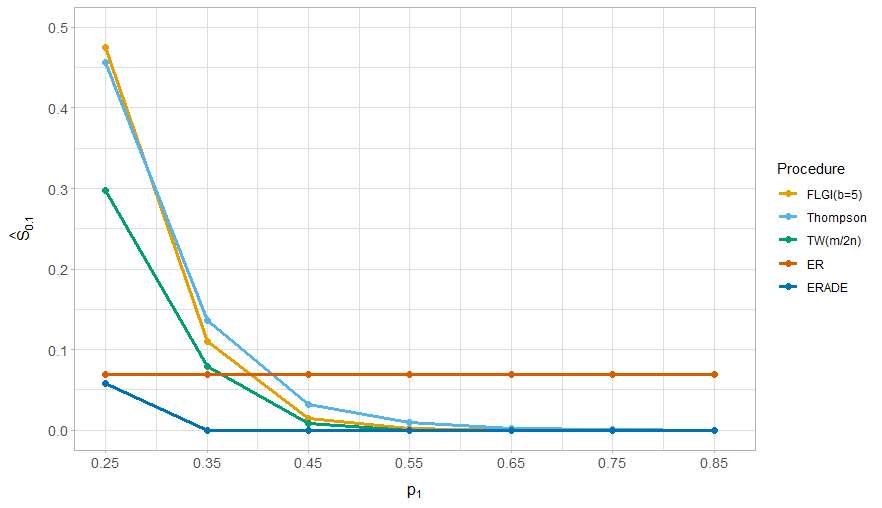Response-adaptive randomization (RAR) is part of a wider class of data-dependent sampling algorithms, for which clinical trials are used as a motivating application. In that context, patient allocation to treatments is determined by randomization probabilities that are altered based on the accrued response data in order to achieve experimental goals. RAR has received abundant theoretical attention from the biostatistical literature since the 1930's and has been the subject of numerous debates. In the last decade, it has received renewed consideration from the applied and methodological communities, driven by successful practical examples and its widespread use in machine learning. Papers on the subject can give different views on its usefulness, and reconciling these may be difficult. This work aims to address this gap by providing a unified, broad and up-to-date review of methodological and practical issues to consider when debating the use of RAR in clinical trials.
翻译:反应适应随机化(RAR)是更广泛的数据依赖抽样算法类别的一部分,临床试验是这种算法的一种激励性应用,在这方面,病人对治疗的分配取决于根据累积答复数据改变的随机化概率,以便实现实验目标;自1930年代以来,RAR从生物统计文献中得到了大量的理论关注,并成为许多辩论的主题;在过去十年里,在成功的实践实例及其在机器学习中的广泛应用的推动下,它得到了应用和方法学界的重新考虑;关于该主题的论文可以对其用途提出不同的看法,并可能很难加以调和;这项工作的目的是通过提供统一、广泛和最新的方法和实际问题审查,在临床试验中辩论RAR的使用时加以考虑,从而弥补这一差距。






